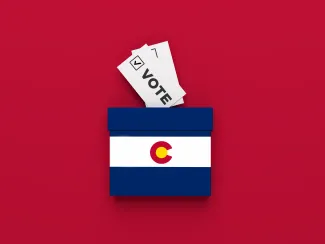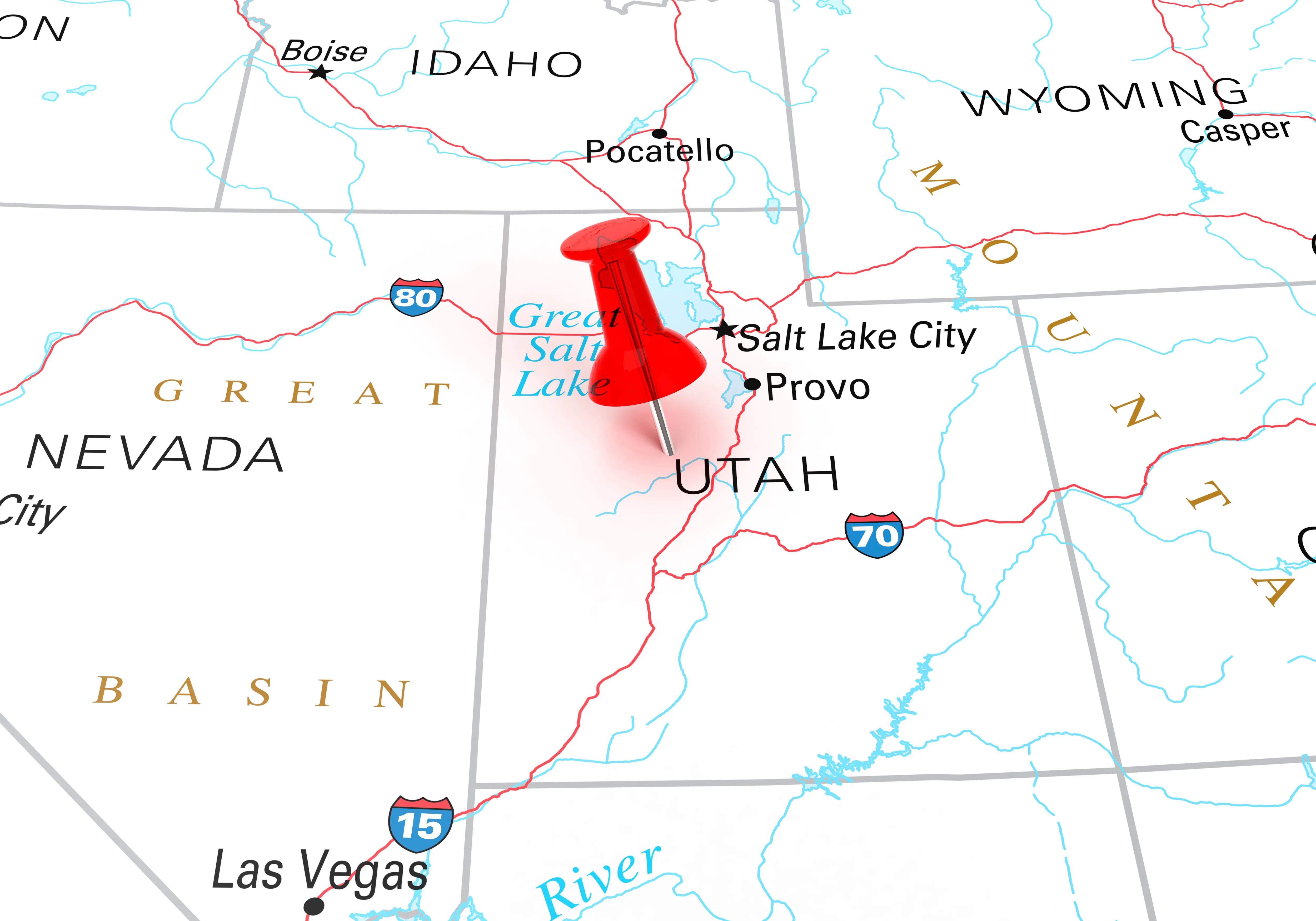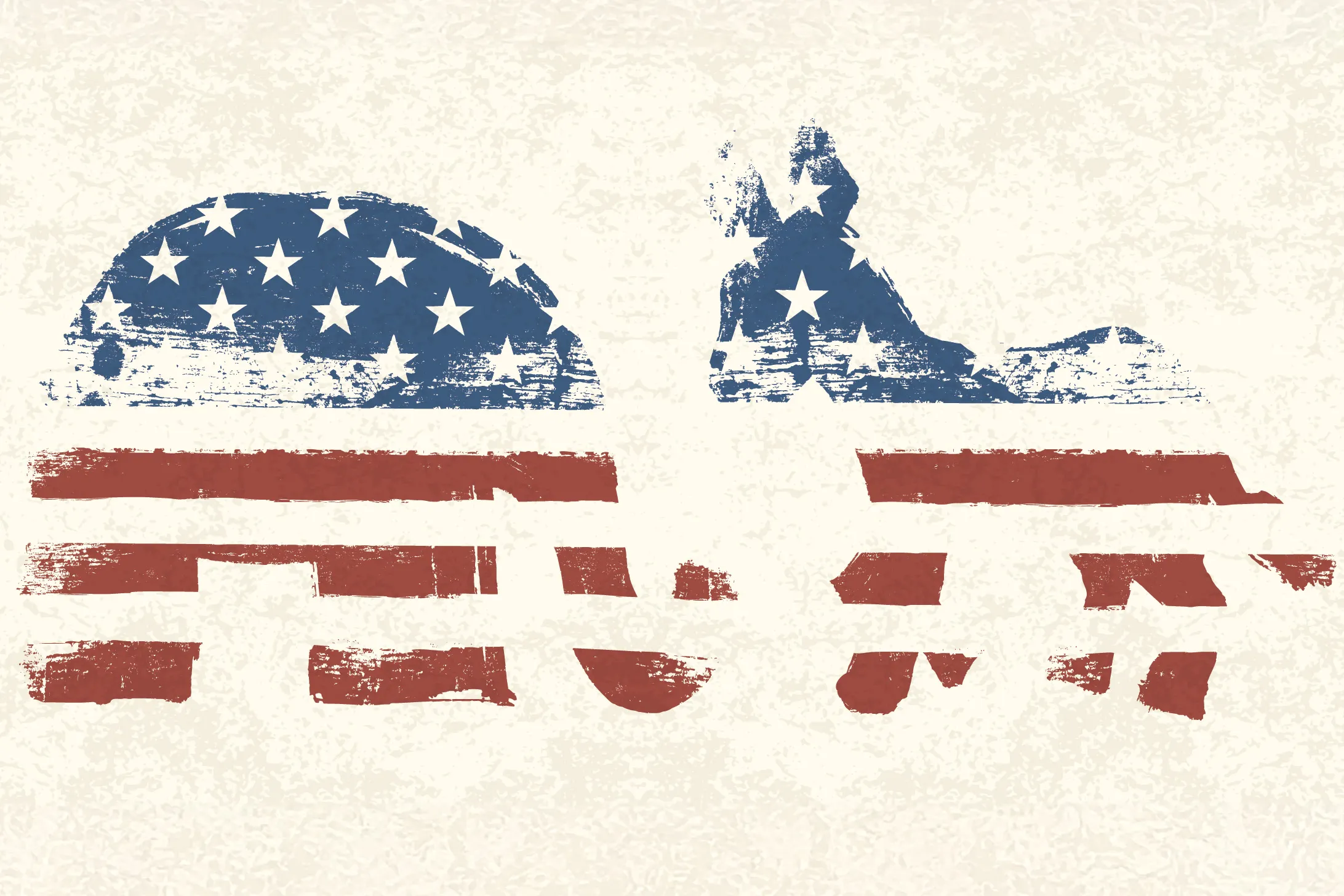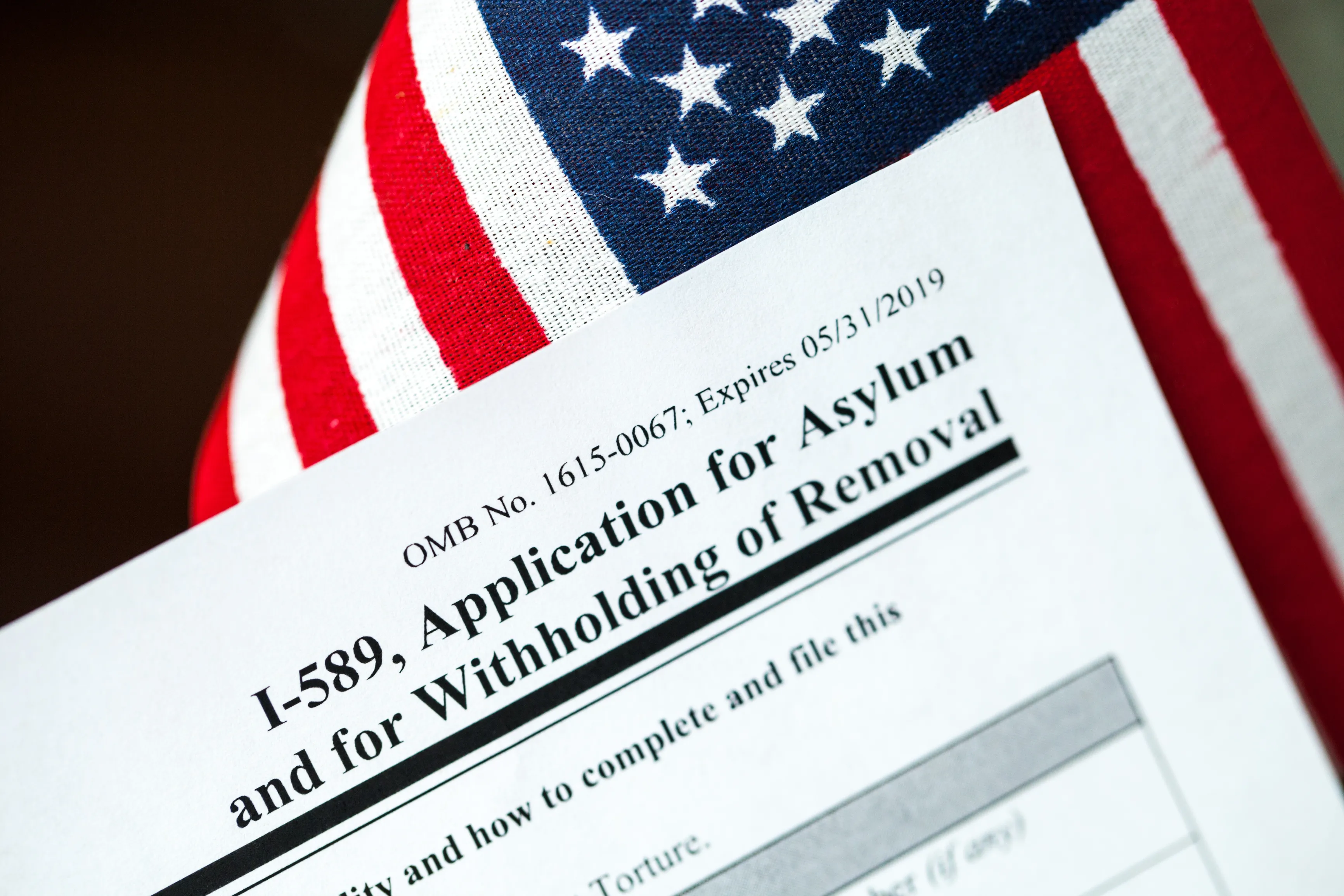
These are all the measures set to appear on Colorado’s statewide ballot in 2024
© Svanblar iStock-146069215
(Colorado Newsline) A total of 14 citizen initiatives and legislatively referred measures are set to appear on Coloradans’ 2024 ballots, though at least two of them are expected to be withdrawn within the next few days.
The last of nine pending initiatives were formally certified for the ballot by the secretary of state’s office last week after supporters submitted a sufficient number of valid petition signatures before the Aug. 5 deadline. They joined five measures placed on the ballot by Colorado lawmakers earlier this year.
The conservative groups sponsoring two of the measures, Initiatives 50 and 108, have agreed to pull them off the ballot as part of a deal struck with Colorado Gov. Jared Polis and Democratic legislative leaders. The initiatives propose a steep property tax cut and a cap on future tax growth. In exchange for their withdrawal, lawmakers in a special session last week further expanded property tax relief measures they had already passed earlier this year.

© Baris-Ozer - iStock-1420488382
Polis has said he won’t sign the latest round of tax cuts into law until he receives confirmation of the initiatives’ withdrawal, which must happen before a September 6 deadline.
The 12 measures expected to remain on the ballot are slightly above the average total for an even-year election over the last 20 years, but shy of the record 14 statewide measures that appeared on Coloradans’ ballots twice, in 2006 and 2008.
!function(){"use strict";window.addEventListener("message",(function(a){if(void 0!==a.data["datawrapper-height"]){var e=document.querySelectorAll("iframe");for(var t in a.data["datawrapper-height"])for(var r=0;rBallot questions can either be statutory measures — which, if approved, become state laws that can be changed by the Legislature — or amendments to the state Constitution, which can only be changed by subsequent amendments passed at the ballot box. Constitutional amendments face a higher bar for approval, requiring 55% of the vote to pass, rather than the simple majority required for statutory measures.
To date, proposed initiatives have been numbered sequentially according to when they were filed with the state’s Initiative Title Setting Review Board, commonly known as the Title Board. More than 300 proposed initiatives were filed in the 2024 election cycle, the vast majority of which were denied a title by the board or withdrawn by proponents. Eight were approved for circulation but failed to submit the required signatures to the secretary of state’s office last month.
Once the ballot is finalized on Sept. 6, qualified measures will be re-numbered in sequential order beginning with Amendment 79 for constitutional amendments, and Proposition 127 for statutory initiatives. In early September, detailed information about the measures prepared by nonpartisan state staff will be mailed to registered voters in the 2024 Blue Book, which will also be available online. Ballots will be mailed to voters beginning Oct. 11.
Referred measures
The Colorado General Assembly can refer to the ballot any statutory measure on a simple majority vote, and is required to do so for any bill that raises state tax revenue. Legislative referrals of constitutional amendments require a two-thirds vote.
- House Concurrent Resolution 24-1002 is a proposed constitutional amendment that would create an exception to the right to bail for criminal defendants accused of first-degree murder. The amendment would resolve what lawmakers and prosecutors called an “unintended consequence” of the state’s 2020 repeal of the death penalty, since courts are currently permitted only to deny bail for “capital offenses,” and no such offense exists any longer under Colorado law.
- Senate Concurrent Resolution 24-002 proposes amending the Constitution to modify several election-related deadlines, including a requirement that initiative petitions be submitted one week earlier than under current law.
- Senate Concurrent Resolution 24-003 is a proposed constitutional amendment that would repeal a constitutional ban on same-sex marriage. The ban was narrowly approved by Colorado voters in 2006, but has been inoperative since the 2015 U.S. Supreme Court decision legalizing same-sex marriage nationwide. Supporters of this year’s “Freedom to Marry” amendment say it’s necessary to protect LGBTQ rights that have been put at risk by the court’s current 6-3 conservative majority.
- House Bill 24-1349 referred a statutory measure to the ballot asking voters to approve a new 6.5% excise tax on sales of guns, gun parts and ammunition. The revenue would be used to fund mental health services, gun safety programs and support services for victims of domestic violence.
- House Bill 24-1436 referred a statutory measure that seeks voter approval for the state to keep excess revenues collected from its sports betting tax, which have exceeded the projected $29 million annual cap that voters approved in 2019. The additional revenue, estimated at between $2.8 and $7.2 million annually over the next three years, would fund water and conservation projects rather than being refunded to taxpayers.
Almost 3,000 protesters gathered at the Colorado Capitol in downtown Denver on June 24, 2022, in response to a U.S. Supreme Court ruling that overturned the Roe v. Wade decision, which had guaranteed abortion rights. (Andrew Fraieli for Colorado Newsline)
Initiated measures
- Initiative 89 is a proposed constitutional amendment that would protect the right to abortion. It’s backed by Coloradans for Protecting Reproductive Freedom, a coalition of abortion rights groups and other progressive organizations.
- Initiative 91 is a statutory measure that proposes a ban on trophy hunting of mountain lions, bobcats or lynx. It’s supported by the group Cats Aren’t Trophies, and opposed by hunting and trapping advocates including the Sportsmen’s Alliance.
- Initiative 112 is a statutory “truth in sentencing” measure that would make people convicted of certain violent crimes ineligible for parole until they have served at least 85% of their sentences. It’s sponsored by Advance Colorado, a conservative “dark money” nonprofit that has spent millions to influence state elections in recent years but which is not required to disclose its donors.
- Initiative 138, also backed by Advance Colorado, would enact a statutory “right to school choice,” with language that aims to protect “neighborhood, charter, private and home schools, open enrollment options, and future innovations in education.”
- Initiative 145 is a statutory measure that would allow certain veterinary services to be practiced by associates without a full state-issued veterinarian’s license, to address what industry proponents call a severe veterinary workforce shortage.
- Initiative 157, another Advance Colorado measure, would make a one-time appropriation of $350 million to a new police officer training fund under the Colorado Department of Public Safety.
- Initiative 310 is a sweeping election reform measure that would replace partisan primaries with a single “all-candidate” primary for each state and federal office, and enact a top-four, ranked choice voting system to decide general elections. It’s backed by Kent Thiry, an influential Colorado megadonor, and Unite America, a nonprofit that touts its model as a cure for partisan polarization and political dysfunction.
Colorado Newsline is part of States Newsroom, a nonprofit news network supported by grants and a coalition of donors as a 501c(3) public charity. Colorado Newsline maintains editorial independence. Contact Editor Quentin Young for questions: info@coloradonewsline.com. Follow Colorado Newsline on Facebook and X.
















